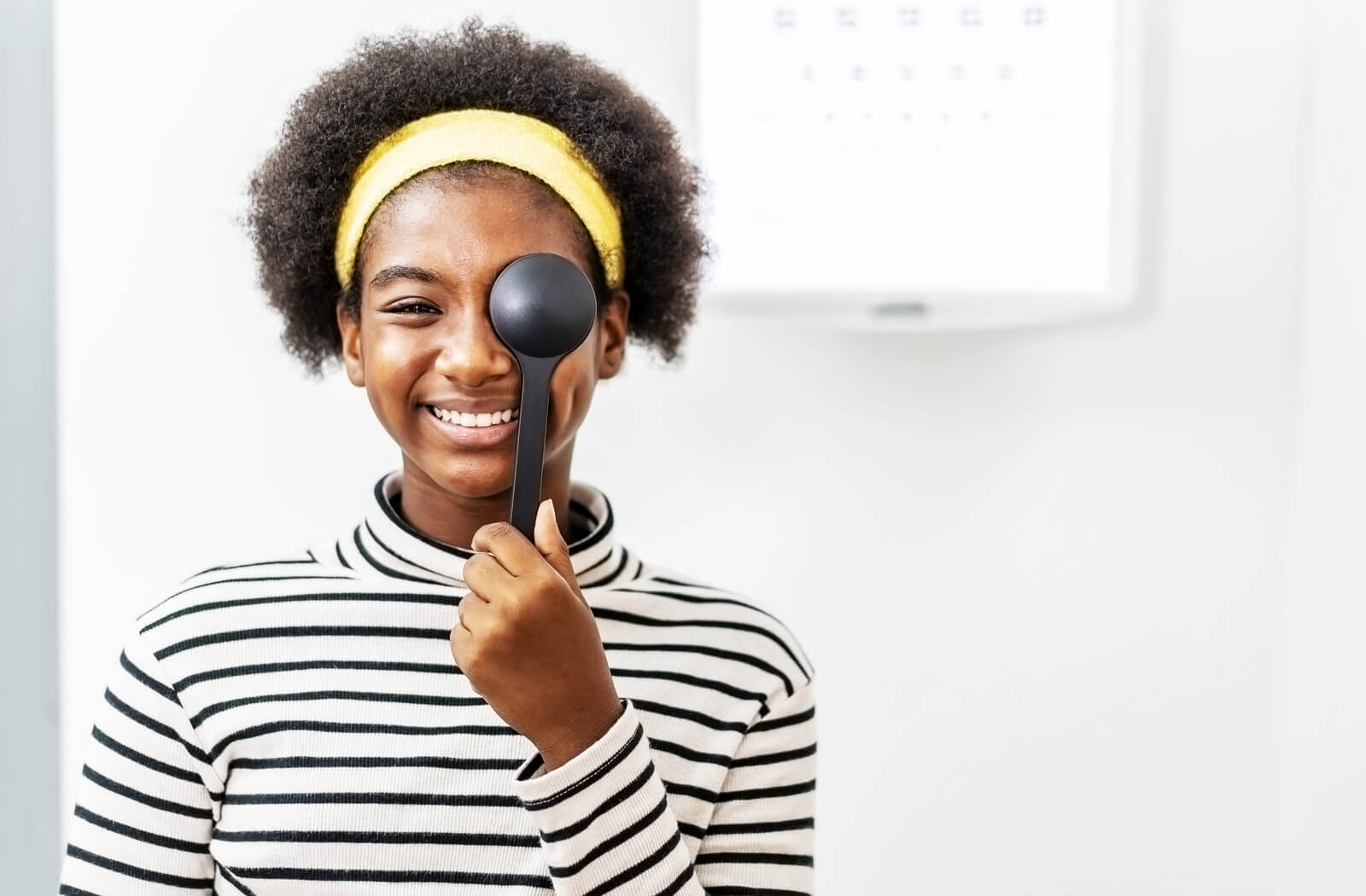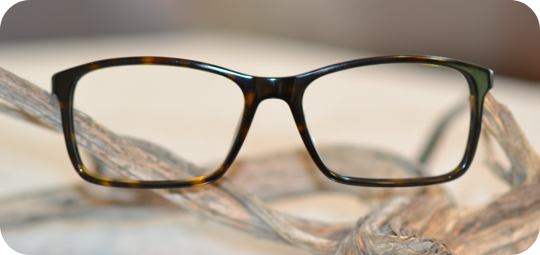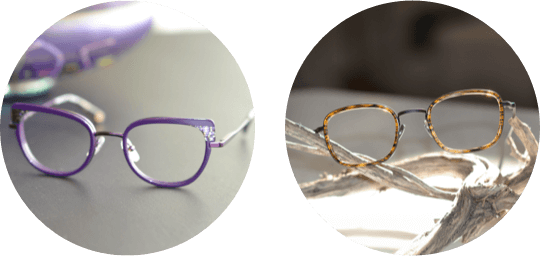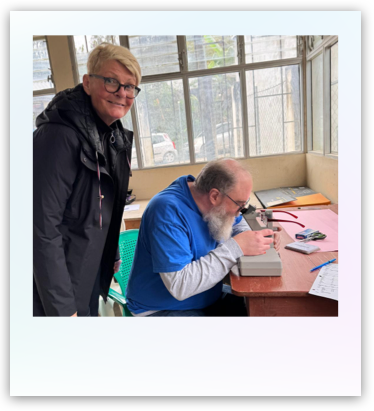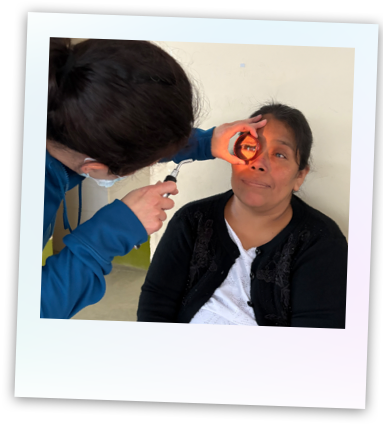Vision care is a consistent process. With the evolution of vision care research, your optometrist has more options than ever to help manage your vision. Vision therapy is a program built on evidence-based activities to help your visual system.
Let’s look at how vision therapy works, including some exercises you can do and the vision conditions your optometrist can address.
What Is Vision Therapy?
Vision therapy targets the communication between your eyes and brain to help you use your visual system better. Vision therapy can also help you regain functions you might have lost through ocular conditions, injuries or neurological issues.
Our visual skills develop as we grow, and if they’re not developing correctly—vision therapy can help patients learn, relearn, and reinforce specific visual skills.
These visual skills can include:
- Eye movement accuracy
- Focusing control
- Coordination of the 2 eyes
Vision therapy is a program developed by your optometrist to help focus on your unique visual needs. The goal of vision therapy is to strengthen your visual system. Vision therapy can also help retrain poor visual behaviour or help with eye tracking issues.
Vision therapy can also include various eye exercises to help retrain and strengthen your visual system. These eye exercises can consist of:
- Tracking objects
- Near and far focus changes
- Space visualization
Eye strain can be a reason someone starts vision therapy, but it’s more commonly due to vision-related learning issues like concussions, amblyopia, or strabismus.
Vision therapy is a creative, personalized program designed around your needs.
How Vision Therapy Helps
Your vision system is complex and about more than just your sight. Activities that involve your eyes and brain can be addressed by vision therapy, and it includes:
- Eye teaming
- Tracking
- Focusing
- Visual efficiency
- Visual perception
Vision therapy is for anyone who experiences issues with their visual system. Your vision therapy program is personalized to fit your unique needs and includes one-on-one sessions with your eye care professional.
Vision therapy can help rehabilitate your visual system and make daily tasks such as reading or driving easier. Your vision therapy plan will be determined by your optometrist and customized around your unique visual needs.
What Does Vision Therapy Treat?
Vision therapy can help you manage various eye conditions. Eye strain and visual and learning problems can be easier to manage after vision therapy sessions.
Vision therapy can help reduce headaches, neck pain, and other symptoms of eye strain. Vision and learning problems can be linked. If your child is having difficulty paying attention in school, contacting your optometrist to see if vision therapy can help is essential.
Vision therapy can also help manage other vision conditions:
Vision-Related Learning Issues
Vision-related learning issues are one of the biggest reasons Airdrie Family Eye Doctors offer vision therapy.
Reading difficulties are the biggest indicator of vision-related learning issues. When someone skips or rereads lines, skips small words, needs a finger to follow along, or speaks/mouths the words to themselves, they could possibly have vision-related learning issues.
Diplopia
Diplopia, or double vision, causes your brain to register 2 of the same image. Different vision therapy techniques can help manage diplopia.
Strabismus & Amblyopia
Strabismus (crossed eyes) and amblyopia (lazy eye) are visual conditions that can develop when you are still a newborn. These conditions sometimes correct themselves as you get older. However, in most cases, it’s rare for these conditions to correct themselves.
Traumatic Brain Injuries or Concussions
Brain injuries or concussions can occur out of nowhere, even while playing your favourite sport. Vision therapy can help rehabilitate your vision if it’s affected by a traumatic brain injury or concussion.
Regaining Healthy Vision
Vision therapy is designed to help patients retrain and use their visual system better. It’s never too late to start working on your vision—vision therapy can help you regain and retrain crucial visual skills.
Book an appointment with your optometrist to see if vision therapy is right for you.

